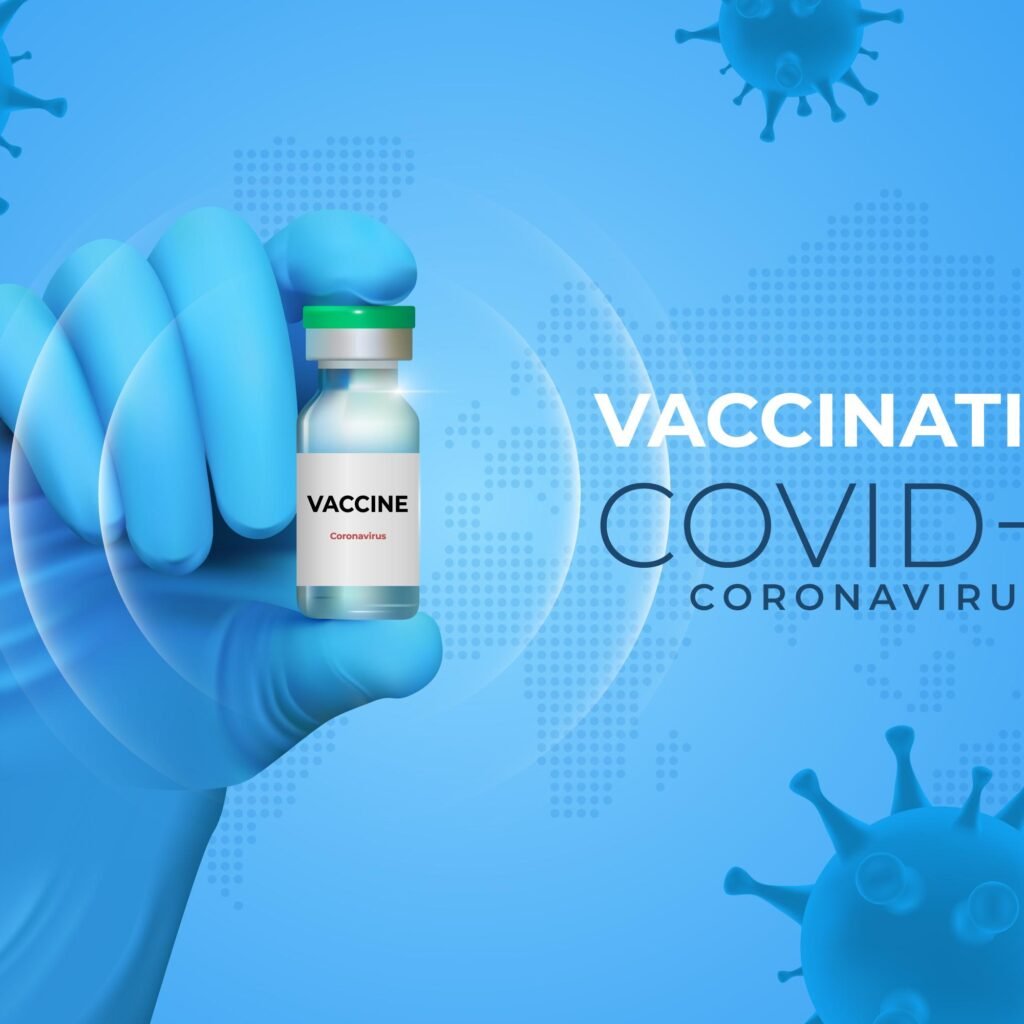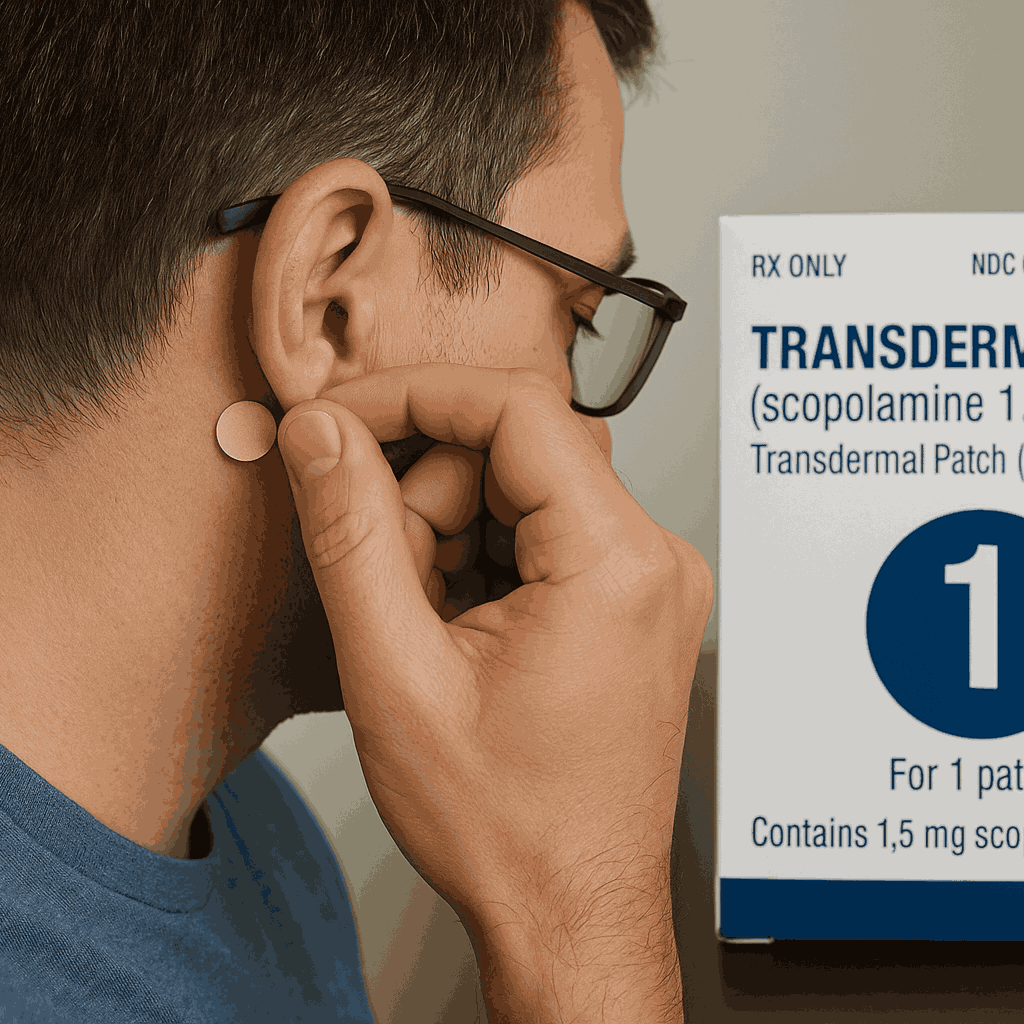Category: Vaccine Safety Update
Written and Reviewed By:
Pharmacally Medical News Desk
The U.S. Food and Drug Administration (FDA) has issued a class-wide safety labelling change for mRNA COVID-19 vaccines, mentioning persistent and potentially worsening cardiac effects in young males following vaccination. This significant update, published in JAMA by FDA officials Dr. Vinay Prasad and Dr. Martin Makary which reflects evolving data on post-vaccine myocarditis and pericarditis particularly among males aged 12 to 24 years.
Key Findings Prompting the Warning
The updated warning follows a multi-institutional, FDA-sponsored retrospective study involving 333 patients hospitalized with myocarditis post-mRNA vaccination. The majority (96%) experienced chest pain within a median of 3.2 days following vaccination, and 82% of those who underwent cardiac MRI displayed late gadolinium enhancement (LGE), a marker linked to adverse cardiac outcomes.
At five months post-vaccination, 60% of patients with initial LGE showed persistence, and 5% showed worsening LGE or symptoms. Arrhythmias persisted in 4% of cases, and 2% required antiarrhythmic medication highlighting long-term cardiac implications beyond the acute phase. The incidence rate in the 2023–2024 mRNA vaccine formulation was approximately 1 in 37000 in high-risk male adolescents, but this number likely underestimates the true rate due to passive reporting.
A Delayed but Crucial Regulatory Response
The FDA acknowledged that the U.S. lagged behind other countries in early recognition and mitigation of vaccine-associated myocarditis. Despite initial Israeli reports of myocarditis in February 2021, U.S. health leaders hesitated to establish a causal link. This delay influenced critical regulatory decisions, including the May 2021 Emergency Use Authorization for adolescents.
By the time formal safety communication was issued on June 25, 2021, younger age groups had already received widespread vaccination, with risk estimates then reaching as high as 1 in 3,000 for post-pubertal males receiving Moderna’s second dose.
Regulatory Implications
In response, the FDA has committed to a more rigorous evidence-based framework
Randomized Controlled Trials (RCTs) will be required for further vaccine marketing approvals in populations at low risk for severe COVID-19.
The agency does not anticipate approving any new COVID-19 vaccines for healthy individuals under age 65 unless supported by RCT data.
Clinicians are advised to weigh individual benefit-risk profiles when considering vaccination in males aged 12 to 24, taking into account recent infection, susceptibility to severe disease, and myocarditis risk.
Broader Context
FDA authors emphasized the broader regulatory lesson: even effective vaccines can cause rare, serious adverse events. The agency cited recent actions such as pausing the chikungunya vaccine IXCHIQ after two deaths as evidence of its renewed commitment to proactive pharmacovigilance.
FDA also criticized “one-size-fits-all” mandates used during the pandemic, saying they may have damaged public trust. The new safety warning is meant not only to protect people but also to help restore that trust.
Closing Remark
During the COVID-19 pandemic, strict vaccine mandates were used for everyone, even in groups where the risks might have outweighed the benefits. This approach may have led to a loss of trust in public health and increased vaccine doubtfulness. Trust takes years to build but can be lost quickly. The FDA’s new safety warning is a step toward earning back that trust.
Reference
Vinay Prasad, Martin A. Makary, US FDA Safety Labelling Change for mRNA COVID-19 Vaccine, Opinion, JAMA Published online July 14, 2025



